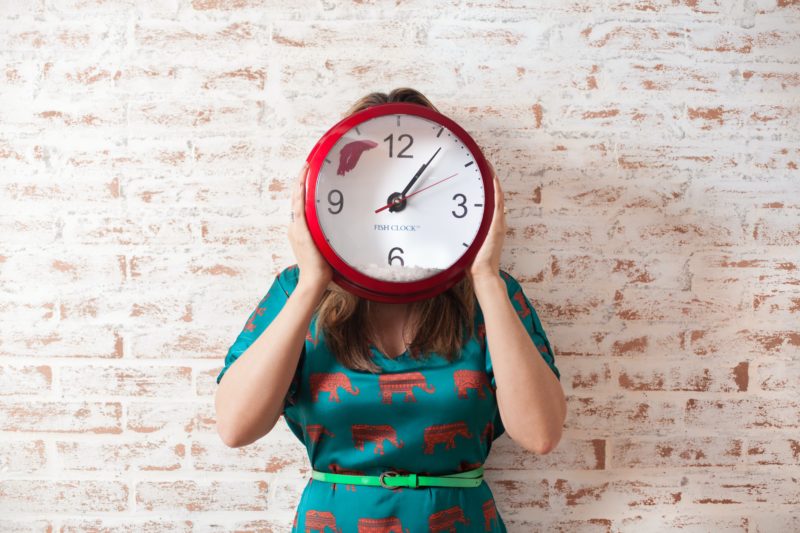
Daylight saving time puts a wrench in everyone’s daily activities and sleep habits, even though falling back every autumn is often easier to adjust to than springing forward. If you’re in recovery from addiction, however, you could be faced with unexpected challenges as the seasons and clocks change.
Make the Most of Daylight Hours
Changing the clocks means fewer daylight hours. That means less opportunity to enjoy sunlight and outdoor exercise or distractions. Shifting up your carefully plotted schedule by one hour can help you make the most of the quickly waning light.
The sun rises an hour earlier, so make a goal to get up with the sun. You’ll still get the same number of hours in your day, and you can readjust your schedule to go to bed an hour earlier, which means less time having to tolerate darkness and bright mornings to look forward to every day.
Prioritize Self-Care
It’s easy to allow some of your carefully scheduled self-care efforts fall by the wayside when the clocks change. After all, it can be more difficult to drag yourself out of the house when it’s darker and colder. You just want to cuddle up at home with something warm and comforting—but, for some people, their former go-to comforts can threaten sobriety.
Consider this time of year an opportunity to take a meticulously arranged routine and adjust it to still support your sober living goals. Routines and rituals bring consistency and comfort, which is incredibly important to people in recovery.
Know Your Risks
Anyone with a dual diagnosis of addiction and mental health problems can be challenged by the time change since the amount of daylight a person is exposed to can affect mood and contribute to depression. People who suffer from seasonal affective disorder (SAD) in particular, a condition that causes an imbalance of serotonin in the brain, can find earlier sunsets especially troubling.
Developing a dedicated exercise program, eating well, and creating obligations for yourself help keep your mind and body busy, which can help combat the effects of SAD. Another extremely effective treatment for many sufferers is daily light therapy. If you can’t get enough natural sunlight in your system, mimicking the reality with a light therapy box can often be an excellent substitute.
Prevent Isolation
Less daylight and less of an invitation to get outside and enjoy the sunshine means more time spent indoors, with time to kill and temptations galore. Particularly for people who are at the start of their recovery journey, the time change can rock their already precarious new lifestyle.
Avoiding isolation over the winter months can minimize the threat to sobriety. Joining a club or taking a class—whether in person or online— offers an opportunity to engage, use your brain, and socialize. The goal is to keep yourself busy, especially in the darker hours of evening and night, so the temptations to return to old vices are more easily squashed.
Avoid High-Risk Situations
With the changing time may come invitations to participate in risky activities. Whether a large party or intimate gathering, revelry at someone’s home or a night on the town, going against the rules you’ve set for yourself in a sober lifestyle simply because there is nothing else to do in the dark can derail your progress.
You want to avoid being lonely—so create your own healthy groups and don’t just rely on those around you to create the kind of environment you need. You want to also steer clear of getting angry, so rely on your therapy team and support group to hear you out when you need it. You’ll also want to make it a priority to sleep well, so take care of yourself and make rest a priority. Lastly, you’ll want to avoid being hungry for the drugs or alcohol that once fed you, so plan now to be in charge of your own wellness through the time change and beyond.
Stick with Holistic Therapy
Your holistic rehab center offers aftercare programs that help people in recovery stay sober, no matter what challenges arise. Recovery is not complete when leaving the recovery center—continuing care helps maintain success and navigate the speed bumps that will inevitably arise on the road to a sober life.
Trust in the therapeutic team at Beachside Rehab, where we believe in dual diagnosis, natural solutions, and whole-body treatment. Contact our trained admissions counselors at 866-349-1770.
